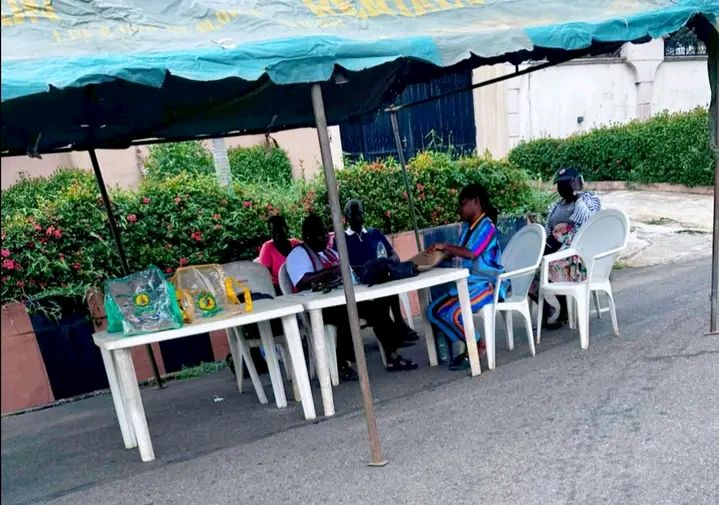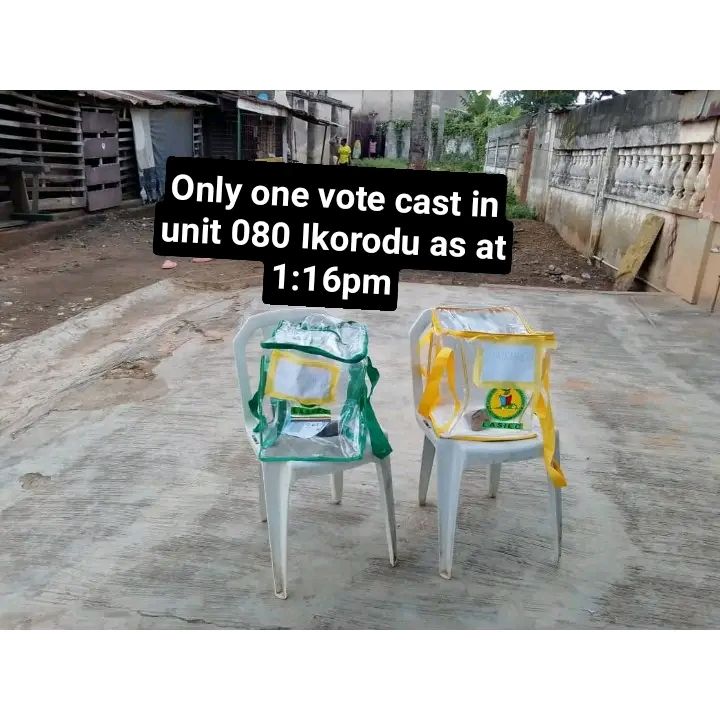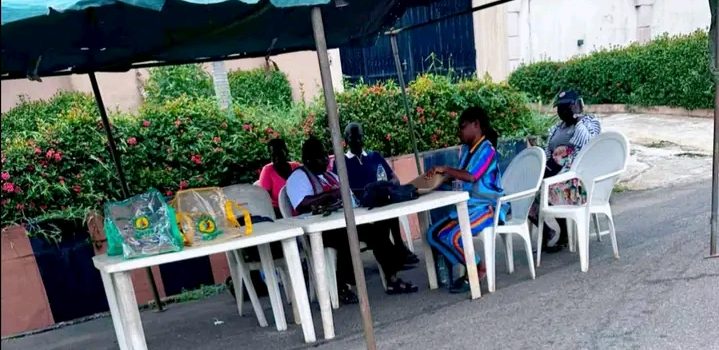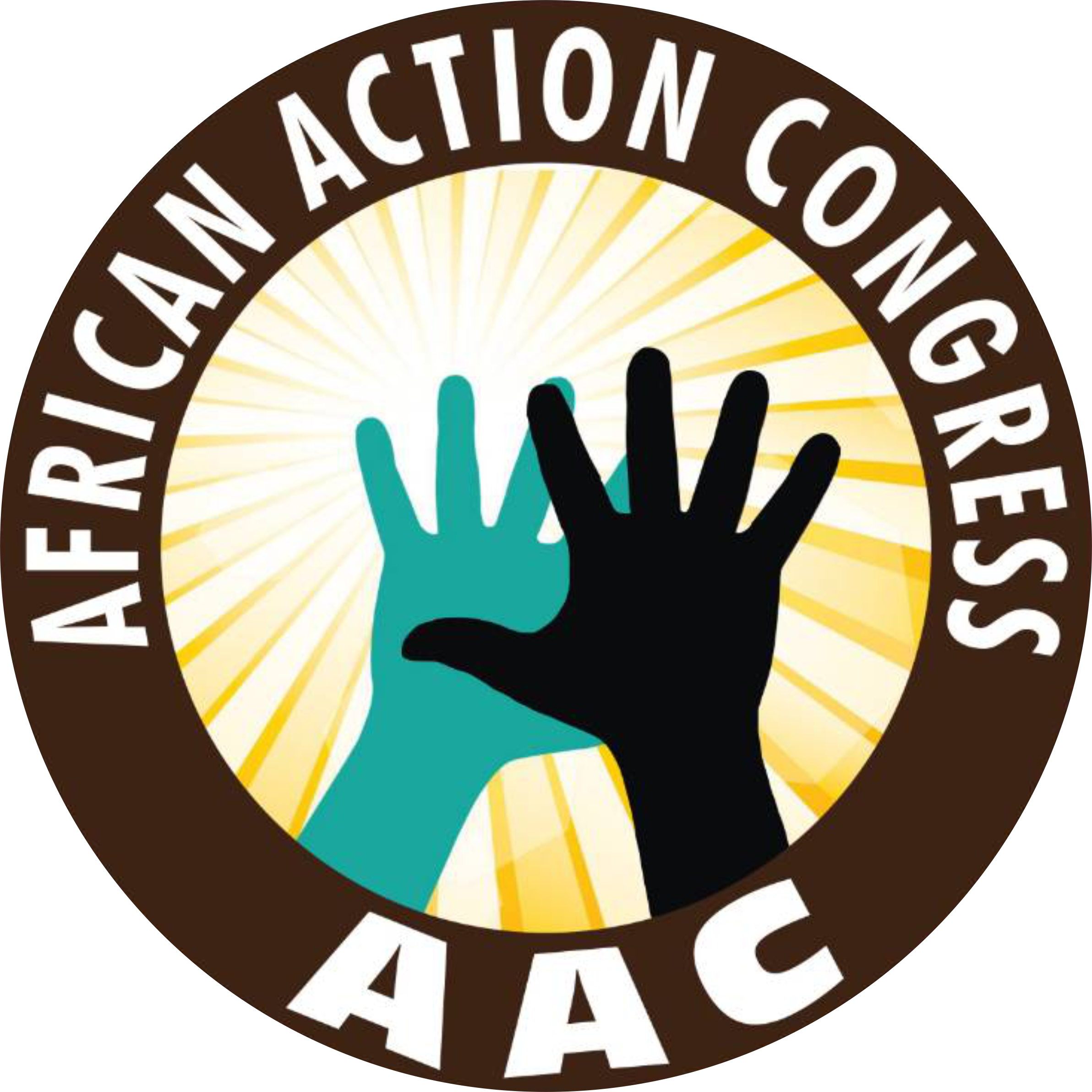
Lagos State remains Nigeria’s economic epicenter, a megacity with over 10 million registered voters, vibrant demographics, and a deeply engaged urban population. But in reality, recent developments have laid bare the widening gap between the electorate and the electoral process.
The just-concluded Local Government and Council elections in Lagos State on Saturday July 12, 2025. The election, as reported, recorded a staggeringly low voter turnout of approximately 275,000, representing barely 3% of eligible voters, is an unambiguous testament to the collapse of public trust in Nigeria’s grassroots democracy.
This level of participation is not merely disappointing, it is dangerous. It strips the elected officials of any credible mandate and calls into question the legitimacy of the entire electoral exercise. In a state where over 6.2 million PVCs were collected as of February 2023 (according to INEC’s official data), the fact that only a few hundred thousand voters turned up to select their local leaders is nothing short of catastrophic for representative governance.
INEC’s pre-2023 election statistics show that Lagos had 7,060,195 registered voters, with 6,214,970 PVCs collected. An impressive 88% collection rate. These figures indicated a politically conscious population ready to engage in democratic processes. Yet, just over a year later, that enthusiasm has all but evaporated. The dramatic contrast between the readiness to vote and actual participation exposes a growing crisis of confidence in the electoral system.
When just 3% of a city’s voting population participates in what is supposed to be the most grassroots-level form of democratic engagement, we are no longer dealing with voter apathy alone. We are witnessing voter resistance — a form of silent protest by millions who have grown weary of a system they perceive as irredeemably rigged and violently compromised.
The reasons for this voter retreat are not far-fetched. Lagos, like many parts of Nigeria, has seen the progressive militarization of its electoral space. Political thugs, often acting with the tacit approval of security agencies and electoral officials, routinely disrupt elections, intimidate voters, snatch ballot boxes, and instill fear in entire communities.
These actors have effectively taken over the electoral process in many localities, ensuring that elections are no longer contests of ideas or popularity, but raw struggles for control backed by brute force.
Eyewitness accounts from past elections in Lagos confirm what many now know to be true: elections are no longer safe. Voters are assaulted. Opposition party agents are chased away or silenced. Ballots are manipulated, and results are sometimes written before the polls even close. Under these conditions, who would be bold enough to step out, queue under the sun, and risk their safety for an election whose outcome has already been decided?
The result is what we saw in this election, a mass boycott not officially declared but loudly executed by the people of Lagos. The streets were empty, the polling units deserted, and the ballot boxes barely used. Democracy, as it should function, did not happen.
The implications of this low turnout are profound. Local Government Councils are meant to be the closest tier of governance to the people. They are supposed to reflect the grassroots will and serve as the bridge between the citizenry and the state. But how can they claim legitimacy when 97% of the population refused — or was too afraid — to participate in their emergence?

Governments derive their legitimacy from the consent of the governed. In this case, that consent was overwhelmingly withheld. Therefore, any administration formed from this process should be viewed as illegitimate, and their decisions and policies should be scrutinized under the lens of this democratic vacuum.
No society can thrive where elections become theatrical performances, staged by a few, observed by none, and rubber-stamped by compromised institutions. What we witnessed in Lagos is not democracy. It is electoral authoritarianism, dressed in the cloak of legality but devoid of the spirit of popular will.
In light of the data, the circumstances, and the broader implications for Nigeria’s democracy, it is imperative that the Lagos Local Government elections be declared null and void. Not only because the turnout was abysmally low, but because the conditions that led to that outcome — fear, fraud, and frustration — render any result meaningless.
The 3% voter turnout in Lagos State’s Local Government elections is not just a statistic, it is a scream in silence. A scream from millions who have been betrayed too many times, bullied too often, and ignored too long.
Until there is a system that guarantees free, fair, and safe elections, Lagosians — and indeed Nigerians — will continue to retreat from the ballot box.
We must not normalize this. We must not accept it. And we must not allow the products of this charade to stand.
This election is a disgrace to democracy. It must be annulled. And the people of Lagos must be given a real chance to choose — freely, fairly, and without fear.










